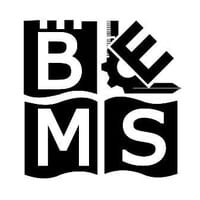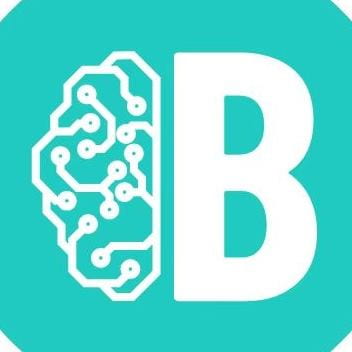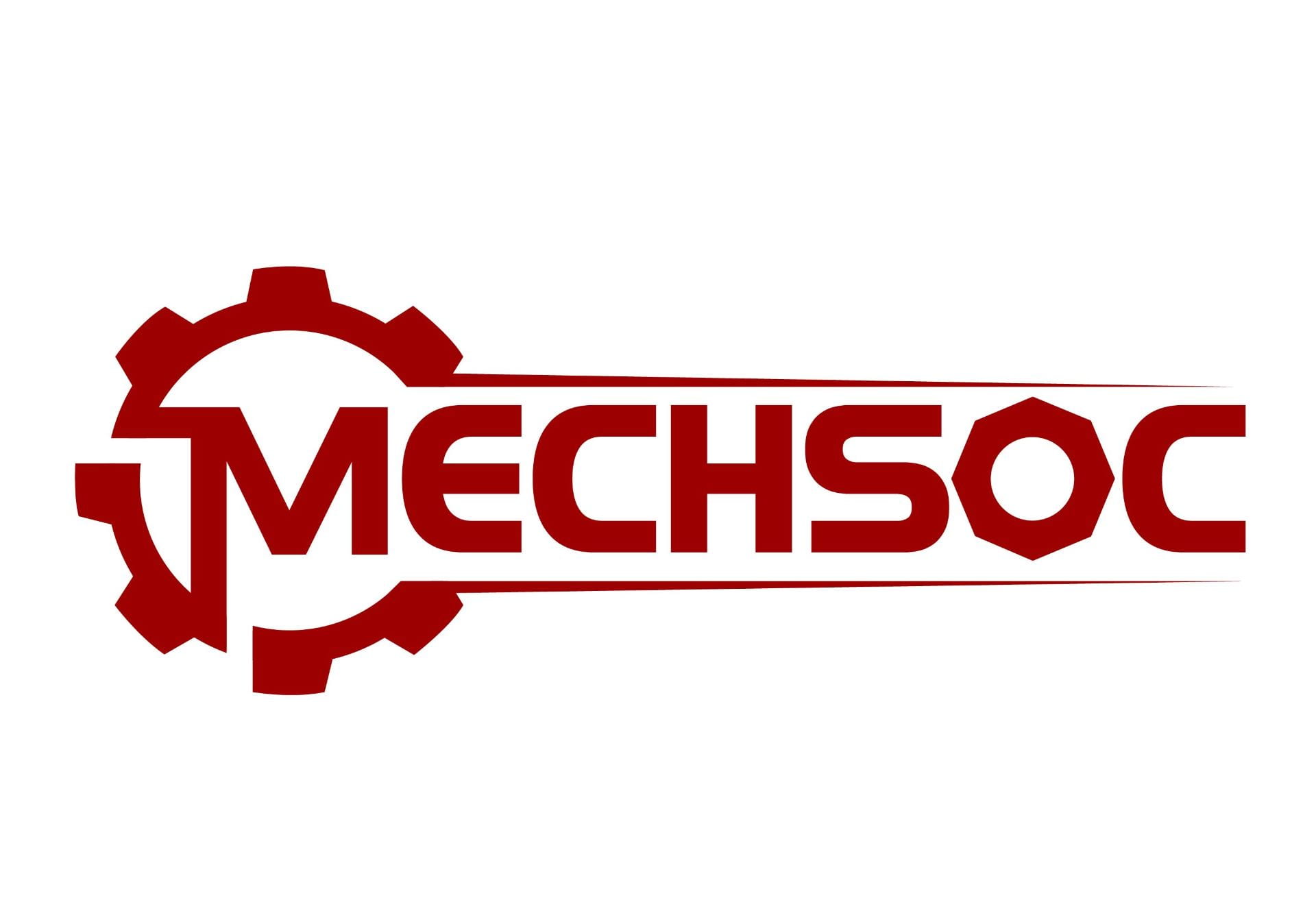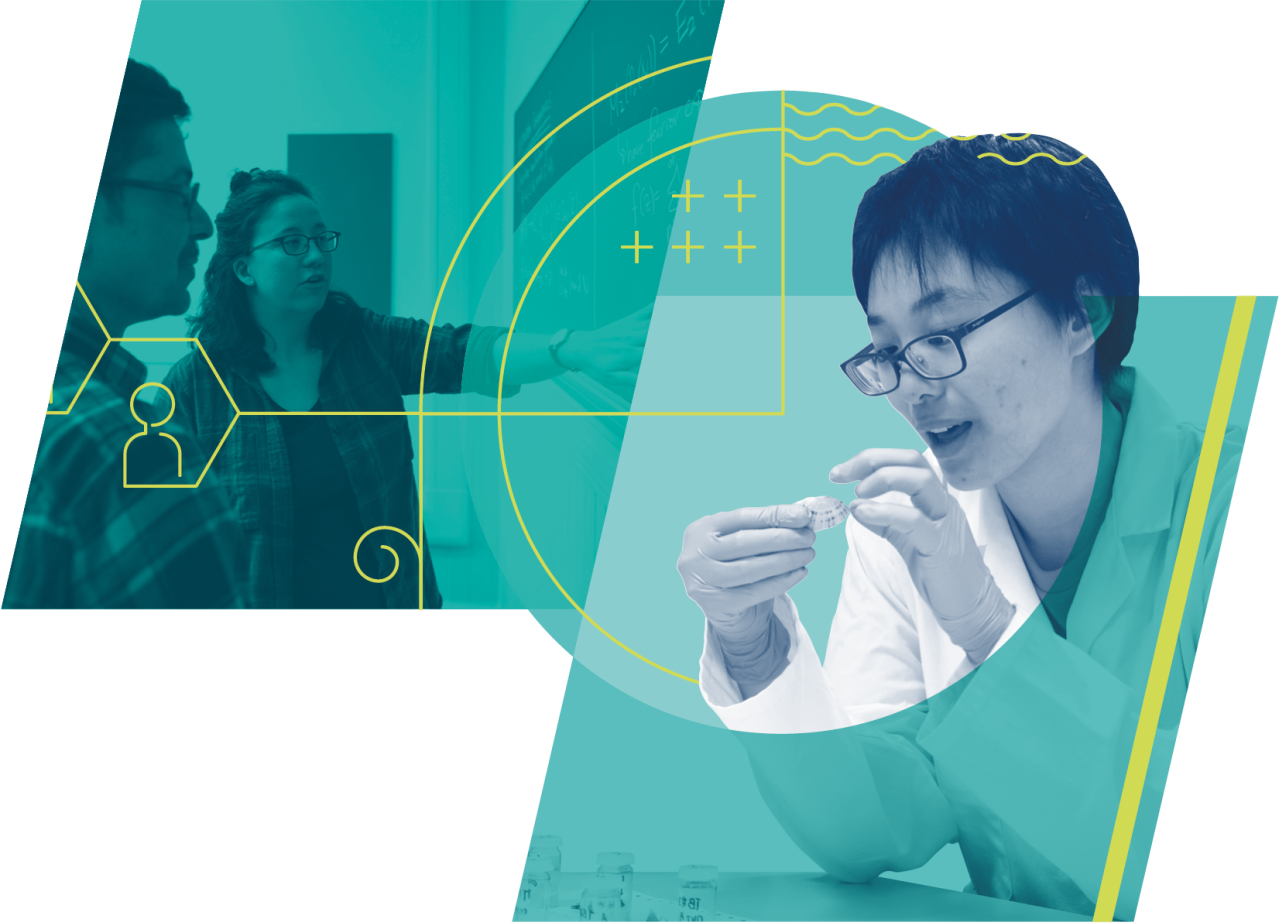Proposed by Aegis Professor Rowena Innocent

Overview
Bias during the product design process often results in products that are not easily useable by a diverse range of people. Unconscious bias can impair judgment and decision making throughout the product development process from research discovery, research collection and research analysis resulting in products which not only exclude people but could cause harm. Just a few examples of products created with inherent bias include automated speech recognition, car seat belts, algorithmic photo checkers, and medicine.
Challenge
In this project you will choose a product that you believe this applies to, analyse how it is biased and consider how it could be modified or redesigned to cover a broader population.
Output ideas
- This could be any type of product, large or small, hardware or software, simple or complex. Ideally you will prototype your ideas before focussing on one identified solution to propose.
Resources
Wikipedia article on Inclusive Design
Article on unconscious biases that hinder inclusive design
Motivational TED talk on Why design should include everyone
Inclusive Design for a Digital World: Designing with Accessibility in Mind (Regine M. Gilbert). Ebook from the University of Bristol Library.
Invisible women: exposing data bias in a world designed for men (Caroline Criado-Perez). Available on loan from University of Bristol library.










